- Publisher : Your Online Publicist
- Publication Date : October 2021
- Pages : 76
- Product Dimensions : 5.50(w) x 8.50(h) x 0.23(d)
- Genre : Educational, History
- Paperback ISBN : 978-1-63892-727-3
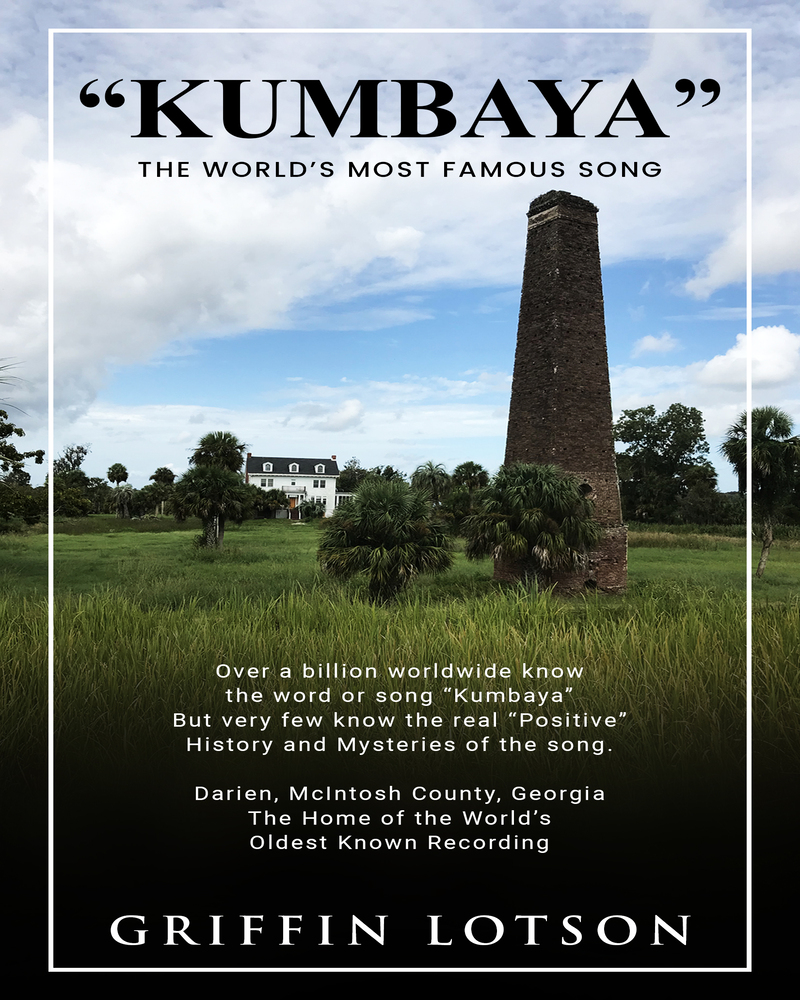
Kumbaya: The World’s Most Famous Song
Griffin Lotson
Griffin Lotson lifelong cultural arts, Lionheart of determination experience is an African-American historian and a businessman who grew up in Darien, Georgia. He is a seventh-generation Gullah Geechee. He is the manager of the nationally acclaimed Geechee Gullah Ring Shouters. He is the national Federal Government vice-chairman and former National treasurer of the federal Gullah Geechee Cultural Heritage Corridor Commission. He is also the CEO of Sams Memorial Community Economic Development, a non-profit organization.
Thanks to research and lobbying by residents of a coastal community descended from slaves, the origins and meaning of “Kumbaya” have been recognized in Congress, raising hopes that a fading culture might get a boost. –John Eligon, New York Times
Descendants of African slaves trace the origins of Kumbaya The origins of the song Kumbaya –sung by millions in churches, on protest lines and around campfires –has been traced by the descendants of African slaves. In the US, Congress has recognized the Gullah Geechee, whose ancestors were brought as slaves from West Africa, as the probable creators of the famous folk song. A recording of the song in 1926, which was sung in the Gullah creole language, was presented as evidence of the song’s origin. Dr. Griffin Lotson –the Gullah historian who started the research -explains how important the recognition is. –Karen Chan, BBC World News
For a long time, the dominant story of the song Kumbaya was that it was brought to the United States by a missionary. But what Griffin Lotson heard in the recording was a dialect he knew very well. It originates from the group Gullah Geechee –descendants of slaves from Central and West Africa who over time in America developed their own culture, including their own language. Griffin Lotson belongs to Gullah Geechee herself and works for an organization that works for the ethnic group’s cultural heritage –Mina Benaissa, Sweden Swedish National Radio
Many thanks to Sweden’s National Radio and our Commission Vice-Chair Griffin Lotson for sharing with European audiences the powerful story of the Gullah Geechee origins of “Kumbaya.” I am always thrilled when the important cultural contributions of the Gullah Geechee people are recognized globally. –Attorney Heather Hodges, Executive Director, Gullah Geechee Cultural Heritage Commission, USA
““Kumbaya:” The History of an Old Song
Based on the research and lobbying by residents of coastal communities descended from slaves, the roots and meaning of Kumbaya have been accepted in Congress to boost hopes for a dwindling culture to get a push. The New York Times Descendants of African slaves backtracked the origins of Kumbaya. It has been popularized and sung by millions in churches worldwide, protest lines, and most especially around campfires since then. In the United States, Congress has recognized the Gullah Geechee, whose ancestors were brought as slaves from West Africa, as the probable composers of this well-known folk song. The song was recorded in 1926, sung in the Gullah creole language as proof of the song’s origin. Dr. Griffin Lotson, a Gullah historian who initiated the research, explains how important respect is for a long time. The prevailing story of the song Kumbaya is that it was carried over to the United States by a missionary. But what Griffin Lotson heard in the recording was a dialect that he grew familiar with.
It started from the group Gullah Geechee – descendants of slaves from Central and West Africa, who over time developed their own culture in America, which includes their own language. Griffin Lotson belongs to Gullah Geechee herself and works for an organization that works for the ethnic group’s cultural heritage – Mina Benaissa, Sweden, Swedish National Radio. Many thanks to Sweden’s National Radio and Commission Vice-Chair Griffin Lotson for sharing with European audiences an impactful and powerful story of Gullah Geechee and the origins of Kumbaya. It is thrilling to know when important cultural contributions of the Gullah Geechee people are recognized globally, according to Attorney Heather Hodges, Executive Director, Gullah Geechee Cultural Heritage Commission, USA.”
Be the first to review “Kumbaya: The World’s Most Famous Song by Griffin Lotson”
You must be logged in to post a review.



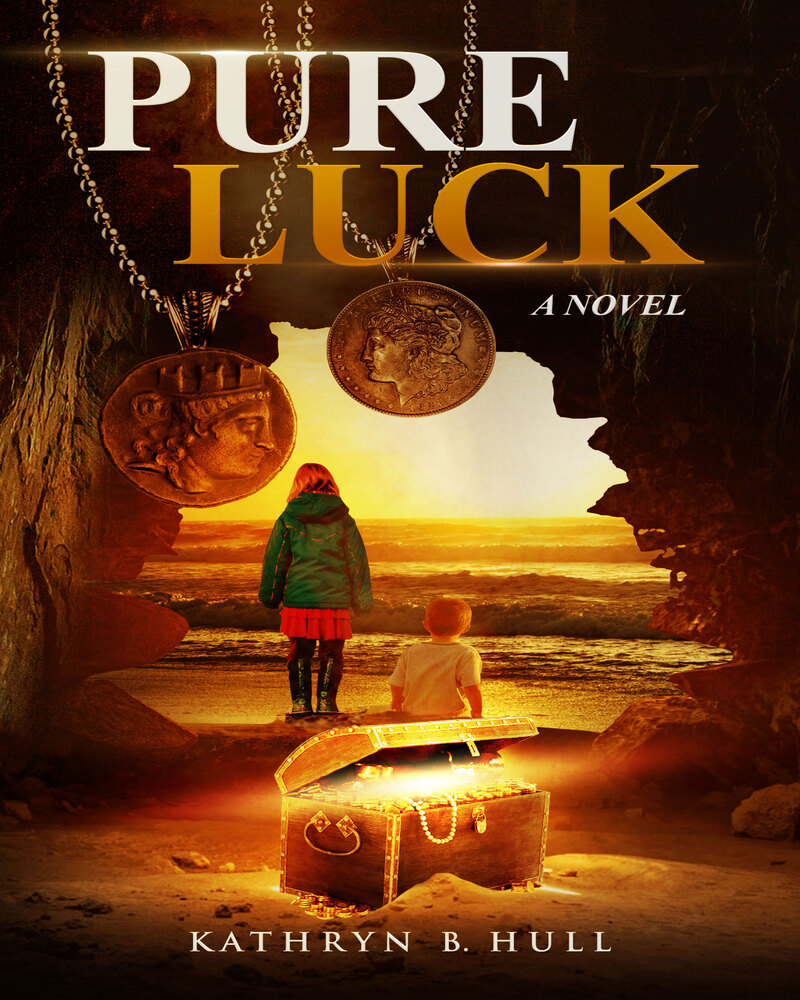
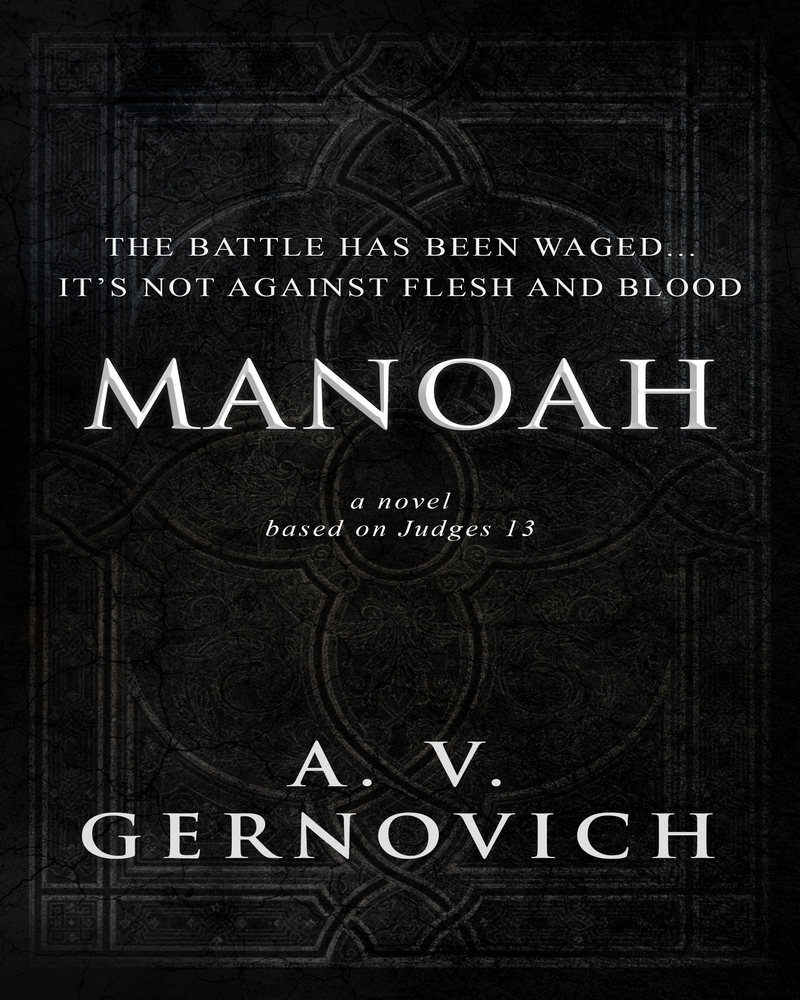
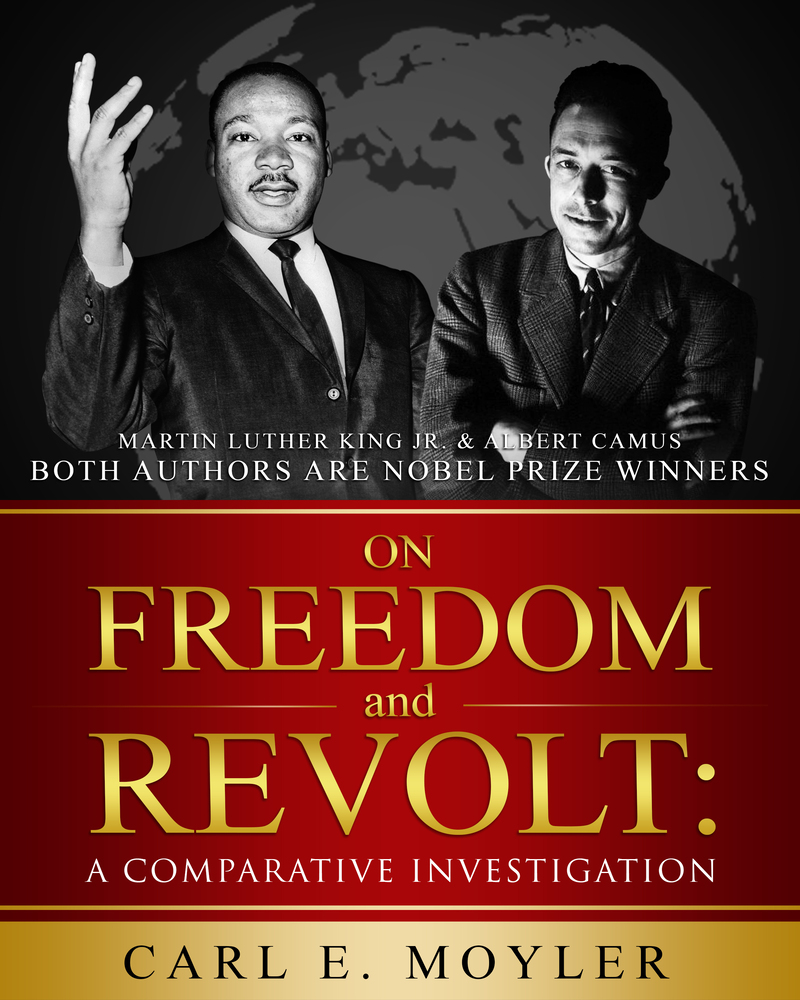
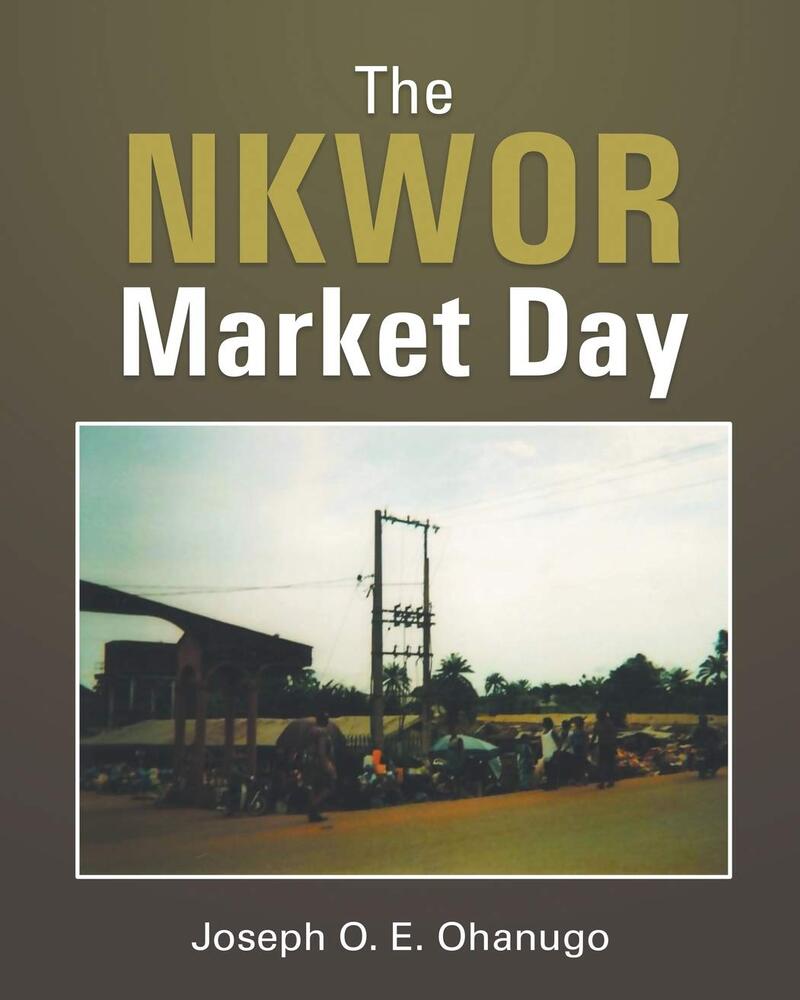
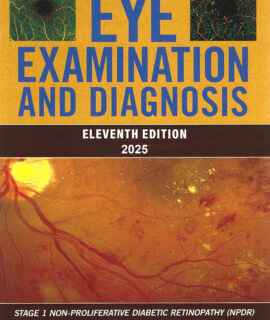

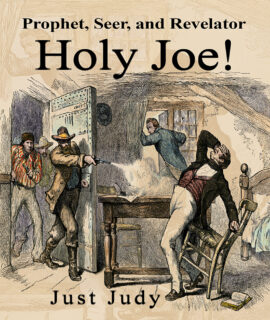
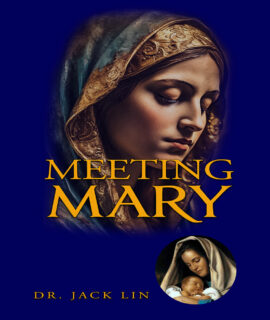
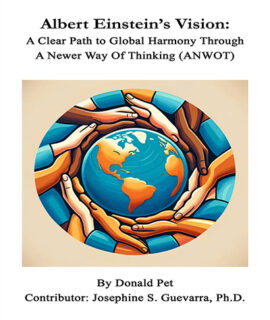
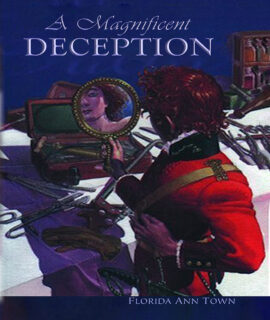
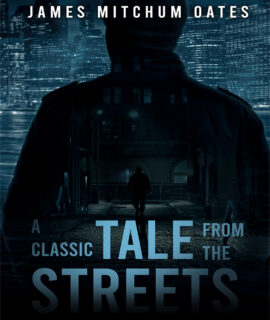
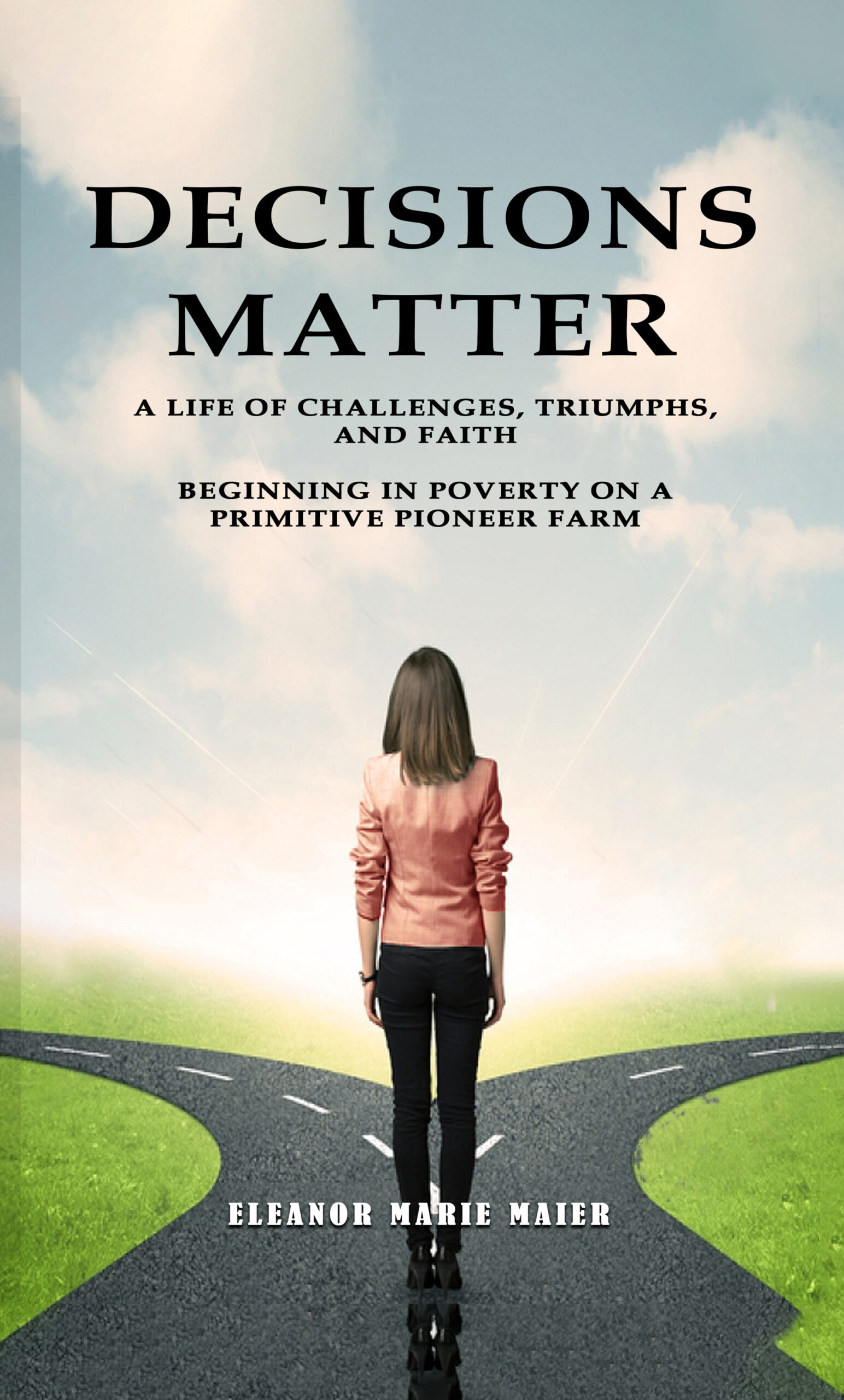
Reviews